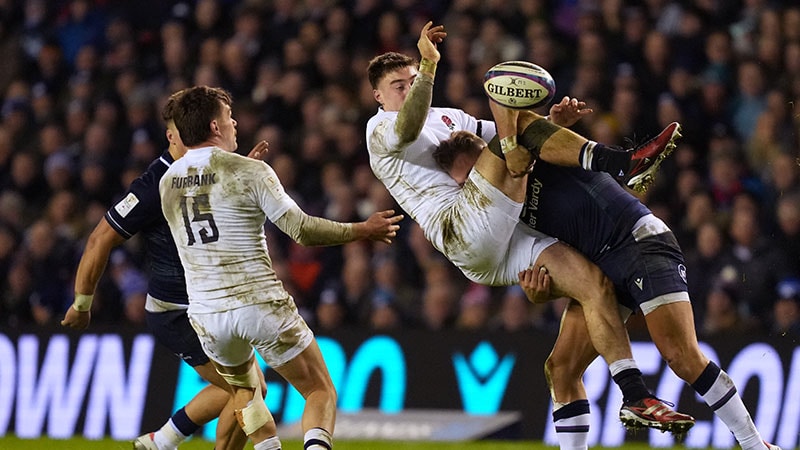Takeaway
- Having a history of sports-related concussions significantly increased the risk of suicidal ideation, suicide attempts, and suicide attempts requiring medical treatment among high school athletes, especially among males.
Why this matters
- Suicide prevention programmes should include concussions as a risk factor, especially among male student athletes.
Study design
- Data from the Youth Risk Behaviour Surveillance Survey (n=13,353; youth with a previous sports-related concussion) were assessed.
- Funding: None.
Key results
- In the past 12 months, 15.0% youth had reported sports-related concussion.
- Youth with a history of concussion had significantly greater odds for:
- feeling sad/hopeless (aOR, 1.20; P<.05);
- suicidal ideation (aOR, 1.25; P<.05);
- past suicide attempt (aOR, 1.60; P<.001);
- suicide attempt treated by a doctor/nurse (aOR, 2.35; P<.001).
- Outcome differences were assessed by a subsample analysis for:
- males
- past suicide attempt (aOR, 2.04; P<.05);
- suicide attempt treated by a doctor/nurse (aOR, 3.27; P<.001).
- females
- feeling sad/hopeless (aOR, 1.26; P<.01);
- suicidal ideation (aOR, 1.37; P<.05);
- planned attempt (aOR, 1.39; P<.05);
- past suicide attempt (aOR, 1.40; P<.05);
- suicide attempt treated by a doctor/nurse (aOR, 1.97; P<.01).
- males
Limitations
- Self-reports used.
Coauthored with Chitra Ravi, MPharm
References
References



